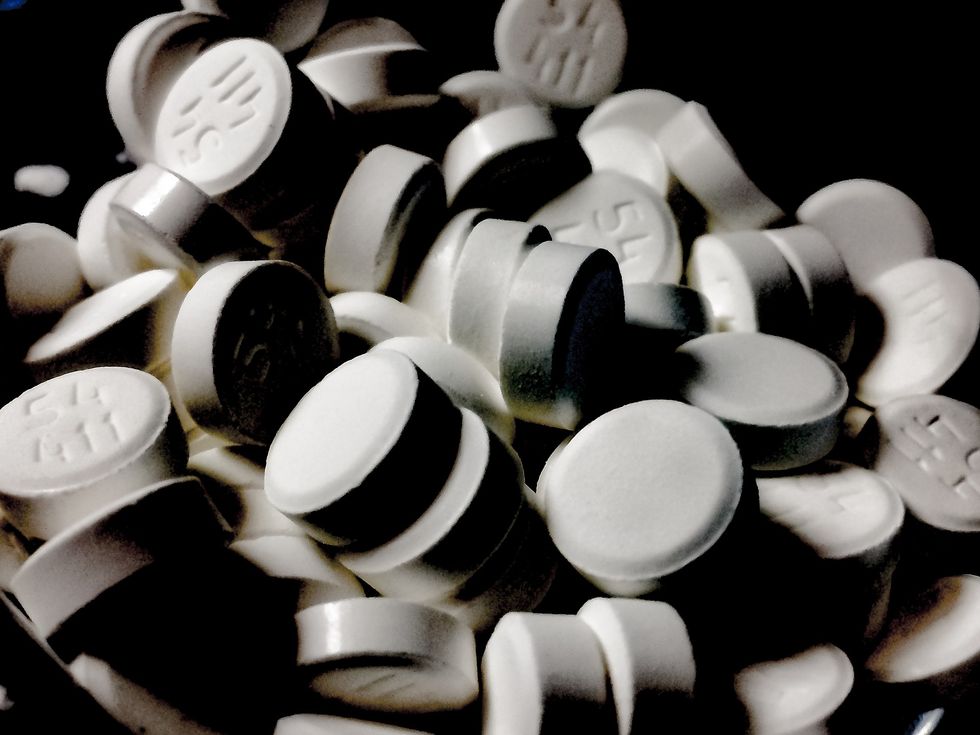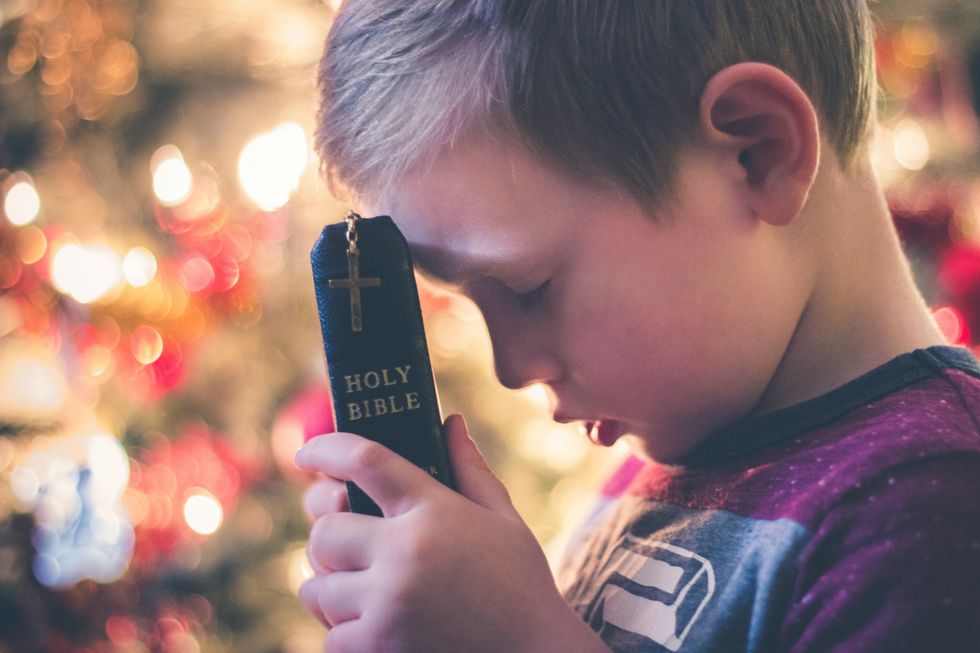A few days ago I took the time to read the second chapter of Michelle Alexander’s book “The New Jim Crow” which focused on the discussion of the “War on Drugs.” Alexander addresses the issues within the drug world and how the outcomes of drugs and the actions of our justice system are all linked together. Alexander states that the war does not assign blame to the drug lords, the kingpins, or even the “dangerous” substances, but it does assign it to the INJUSTICES within our JUSTICE system and its anti-drug policies. (Isn’t that hilarious… Injustices within a justice system.. What an irony)
Alexander’s main focus is on how the war manages to incarcerate such a large percentage of our population. She supports her argument by pointing out that this increased percentage is mostly due to these anti-drug policies and the hypocrisy within our American ideologies. Alexander argues how it is impossible to brand America as a country defined by civil rights and liberties for all, yet “anyone, virtually anywhere, for any reason” can legally have their rights violated under these anti-drug policies.
Some of the ideas in Alexander’s writings are right on the ball and hard to dispute: our inherent rights to privacy and how the Fourth Amendment is not to be tempered with. I really enjoyed Alexander’s ability to challenge these concepts that many people often overlook. Alexander provides that “slap in the face” to show us who we’ve become and to remind us of who we are SUPPOSED to be. We are supposed to be a land of freedom and liberty, yet we are still susceptible to such invasive tendencies and violations of our rights.
Her discussion also shows gives us a specific example of these broken ideologies. It became very visible of how easy it is to re-shape the so-called “norms” and rules of our law enforcement and police systems through manipulating their funding, militarization, and training methods. (This is another thing I never really analyzed. I always thought the law was enforced by and through these individuals to let me feel safe and protected. So when I hear that this “security” is being compromised by something as common as money and material goods, it is very concerning.)
I also really enjoyed when that (ridiculous) concept, of law officials having ” a sixth sense” when it comes to detecting drug offenders, was addressed. I mostly enjoyed this due to its sheer preposterousness. I agree with Alexander and view the use of these stereotyped “drug courier profiles” as problematic due to their list of contradicting “identifier” traits as well as the fact that they are clearly based off of mere speculation.
I can see how these searches can seem justified, if you’re innocent, you have nothing to hide, right? But you must realize that the normalization of officials violating our basic rights individually tie together and affect society as a whole. In order to be fair, this policy should be approached in the same manner we approach other crimes. If a police officer can’t search your laptop for something as minor as pirating movies or something as horrid as child pornography, why is it fair for an officer to randomly “stop and frisk” you for drug possession?
Do you want to know my take on this? — I’m gonna be honest with you…
I have never read something that evoked such an internal confusion. Don’t get me wrong, I thought this piece was very insightful, very well written and very successful in its argument. But it just made me feel like a lost sheep following a herd.
Drugs are bad, right? I mean, that’s what we’re all raised to believe. Hell, it’s what we’ve grown up witnessing.
I know that drugs aren’t good, but that’s because I was raised to brand these substances as illegal and life-threatening. Are they really though? Is the possession of substances like marijuana really worthy of lengthy prison sentences? Let me reiterate that. Is the possession of marijuana really equivalent to the possession of heroin? Meth? Is it equivalent to murder? How about rape?
If it’s not, why are these minor offenders so often locked up in such big numbers and more importantly, why are they being locked up alongside grave offenders? Is there even enough room at this point for these “criminals” and “deviants”? Shouldn’t we reserve those spots for the ones with more serious convictions, like murder, rape, armed robbery, or terrorism?
I was taught to hate drugs and I was also taught to see law enforcement officials and government as a security blanket. For me, they were something to protect and comfort me.
This is where that internal conflict arises. What’s right? Who do I follow?
I know, I know. Even I can see how so far I sound a little bit like a crazy woman trying to convince the world that “drugs are great!” or that “all drugs should be legalized,” but just bear with me… (haha! see what I did there? I said the title of my blog in my blog post! Well.. I said the subtitle of my title. But I also said the title of this blog post in this blog post. So… there’s that…)
I’m gonna be honest with you… I am 18 years old and I still don’t get a lot of things. The societal norms people have created will forever perplex me even as I become more and more educated and socialized. The thing that I really got out of this reading were the questions I proposed earlier, “Is the possession of drugs equivalent to the other crimes? If so, why aren’t drug cases handled in the same fashion as other crimes?” “Why did we build such a dependence on the drug industry?” “Why there is such a drastic gap in tolerance among drug use and other crimes?” “Why did the government allow itself to become so dependent on the drug industry?” “Why do we continue to blindly follow these restricting and contradictory policies?”
I was confused like a sheep, and I honestly think I am still a sheep. I still follow the norms of what society considers “good” and “bad,” ( mostly due to pressure and the need to conform), but I believe that I am capable of finding my own way and my own perspective. (And hey! Who knows! Maybe in the future I’ll finally get the answers to my questions.)



 Christmas and New Year gift card
Photo by
Christmas and New Year gift card
Photo by  butter cookies on plate
Photo by
butter cookies on plate
Photo by  boy holding Holy
boy holding Holy 












